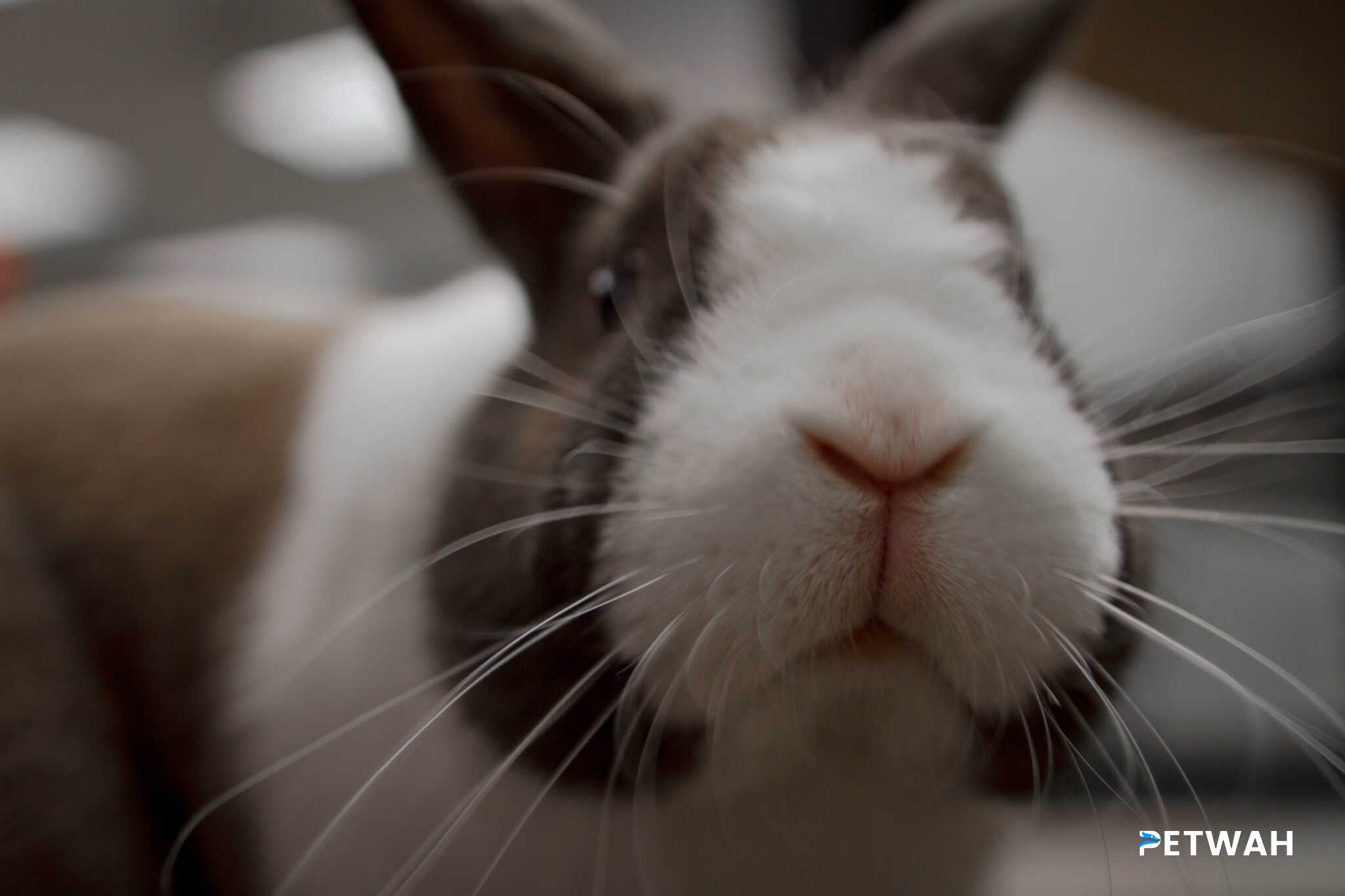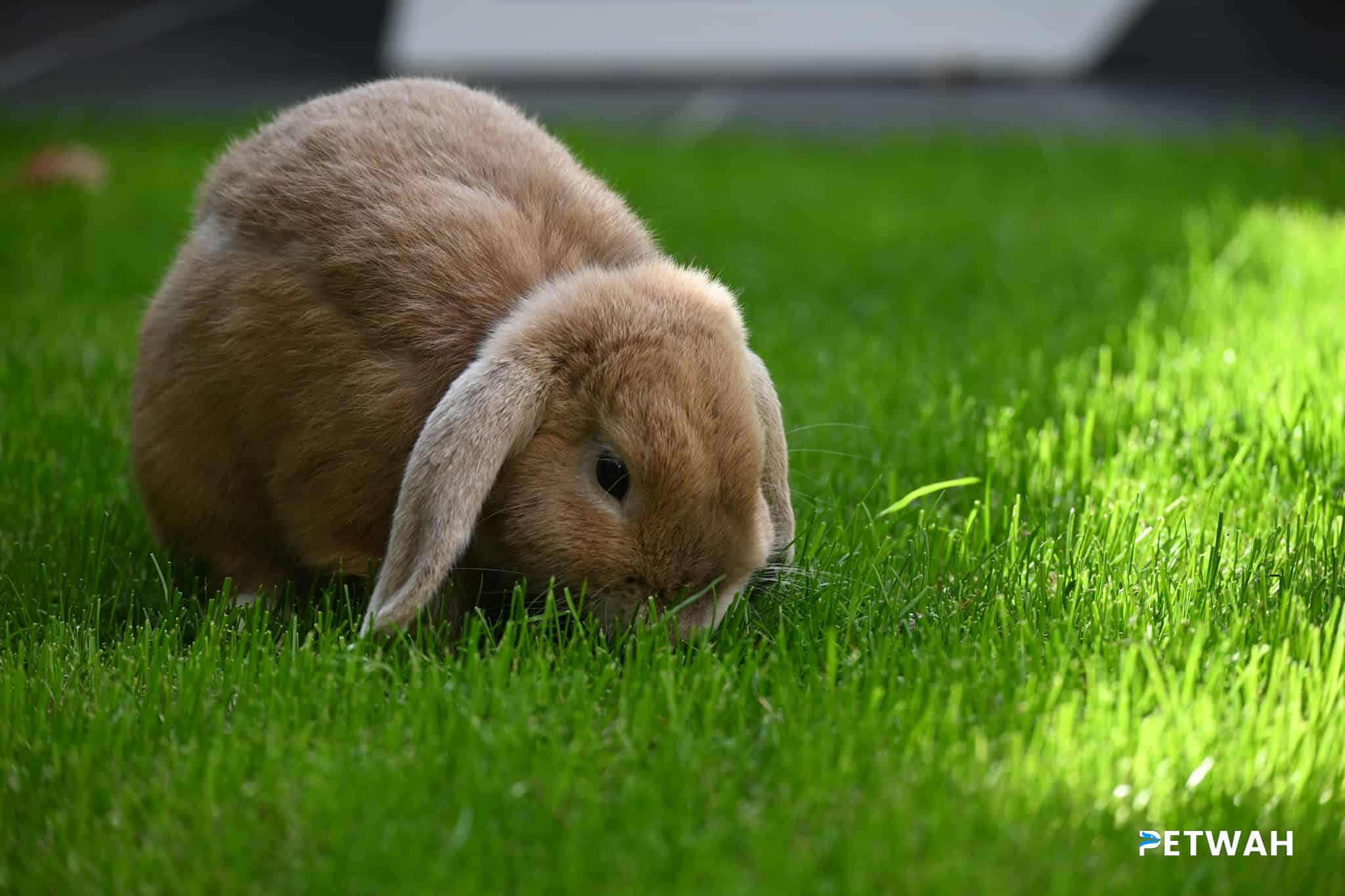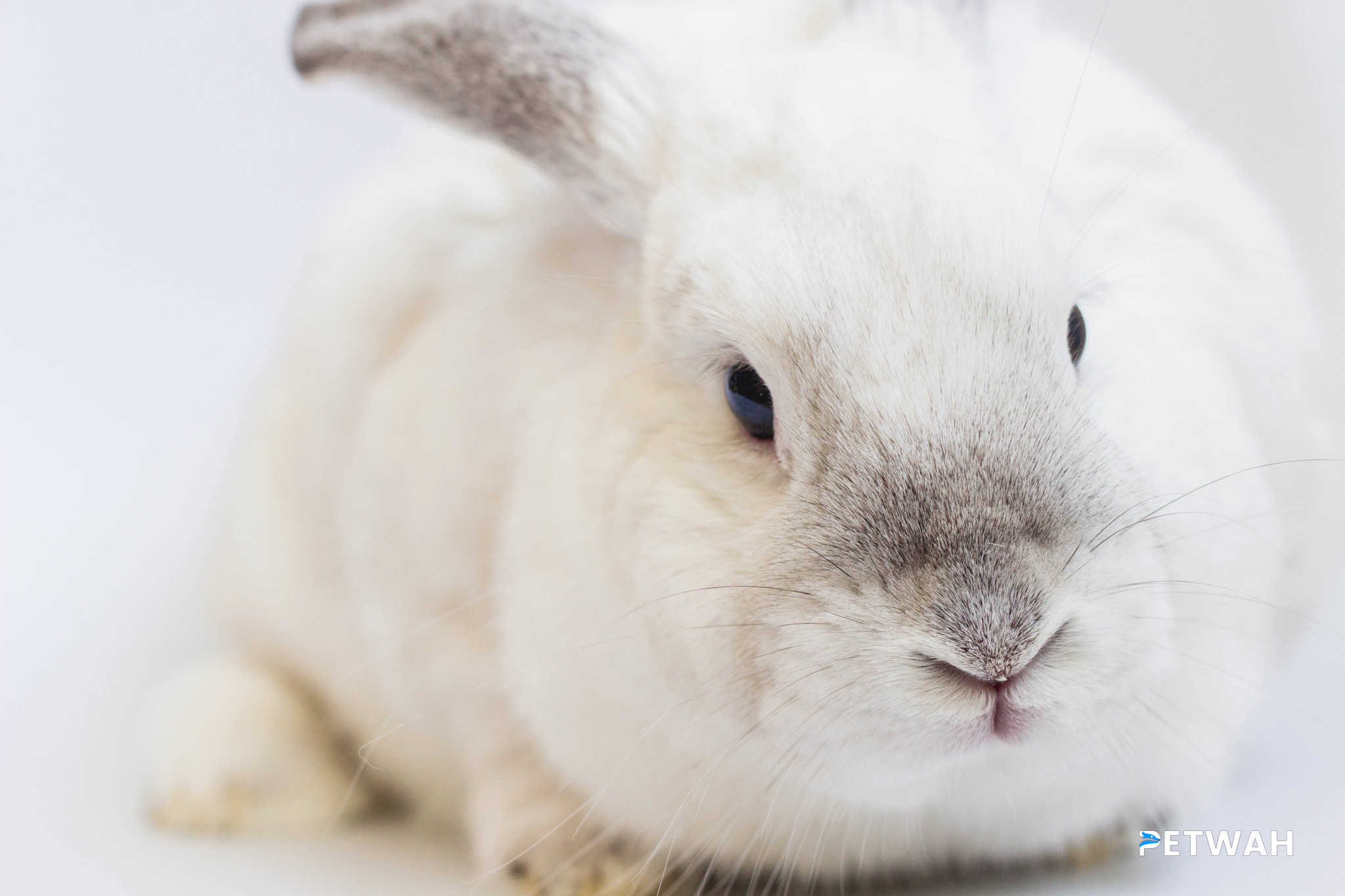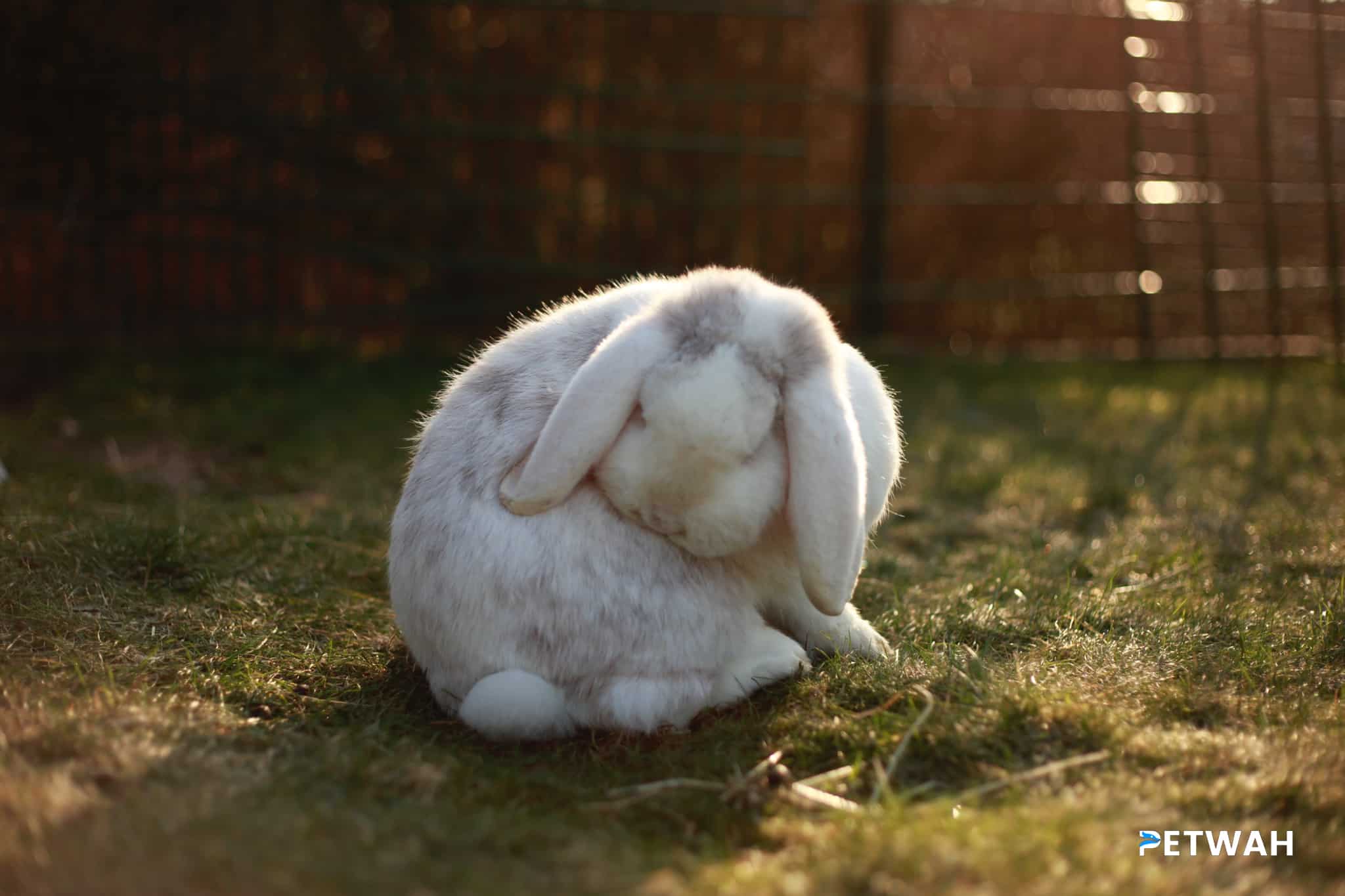Rabbits are adorable little creatures that make great pets. However, their dental health is often overlooked, which can lead to serious health issues down the line. As a rabbit owner, it’s important to know how to properly check your rabbit’s teeth for problems. In this post, we’ll cover everything you need to know about rabbit dental health and how to keep your furry friend’s teeth in tip-top shape. So, let’s dive in!
Rabbits are adorable and lovable pets that require proper care and attention. One of the crucial aspects of taking care of your rabbit is ensuring that their dental health is in check. Dental issues in rabbits are common, and it’s essential to catch them early to prevent further complications. In this blog post, we’ll explore everything you need to know about rabbit dental health, including how to properly check your rabbit’s teeth for problems.
Why is Rabbit Dental Health Important?
Rabbits have unique dental structures that require special attention. Their teeth grow continuously throughout their lives, and if not maintained correctly, they can cause significant health problems. Dental issues in rabbits can lead to difficulty eating, weight loss, pain, and even death. As a responsible pet owner, it’s essential to keep your rabbit’s teeth in good health.
Signs of Rabbit Dental Problems
The first step in properly checking your rabbit’s teeth for problems is to know what signs to look out for. Some of the common signs of dental problems in rabbits include:
1. Reduced appetite or refusal to eat
2. Drooling
3. Weight loss
4. Swollen or bleeding gums
5. Overgrown teeth
6. Wearing of front teeth
If you notice any of these signs, it’s crucial to take your rabbit to a veterinarian for a dental check-up.
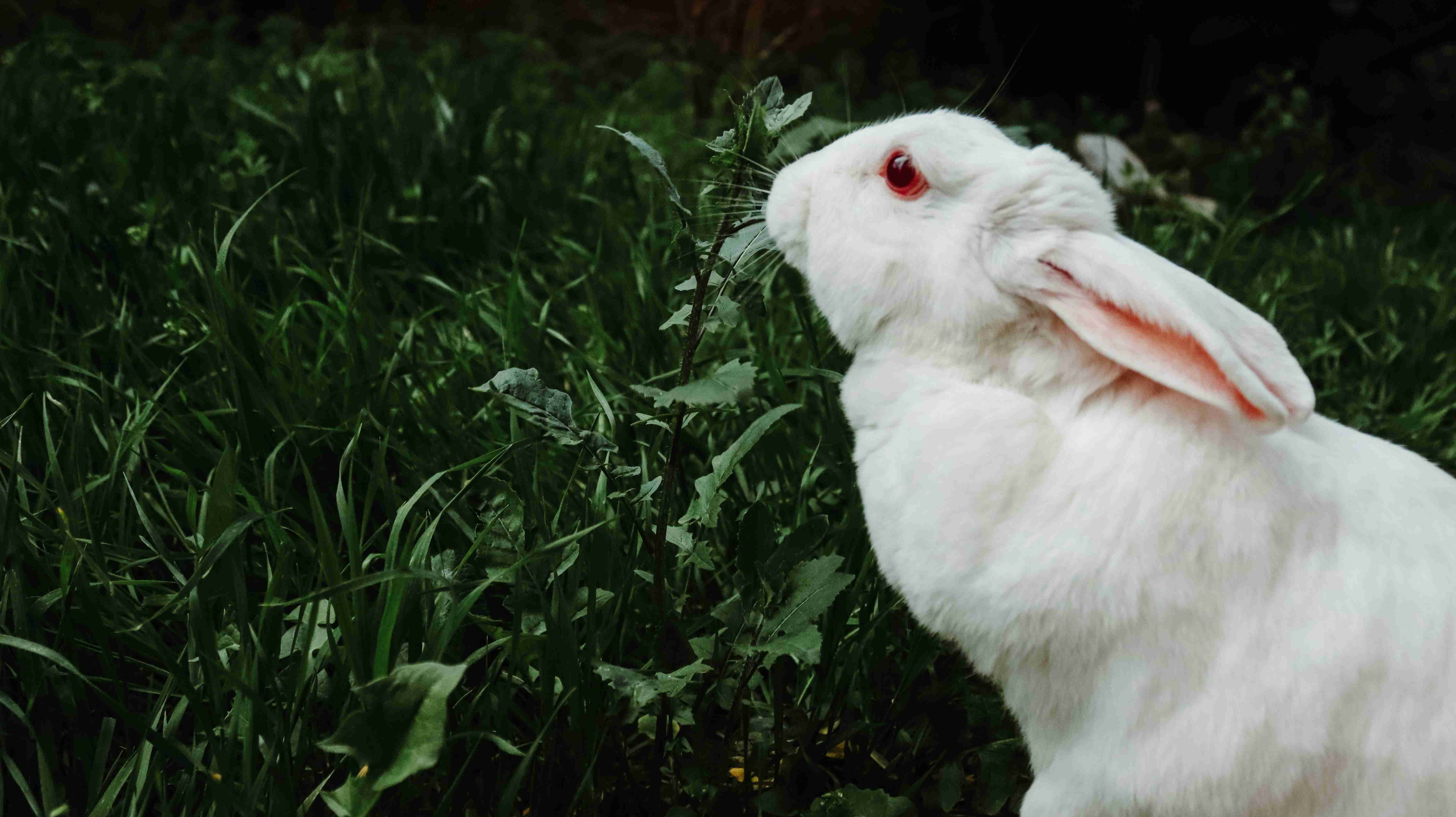
How to Check Your Rabbit’s Teeth
Checking your rabbit’s teeth is a simple process that you can do at home. Here are the steps to follow:
1. Look at your rabbit’s teeth: Sit your rabbit on your lap and gently lift their upper lip to expose their front teeth. Check for any signs of overgrowth, wear, or discoloration.
2. Inspect the back teeth: Use a small flashlight to inspect the back teeth of your rabbit. Gently open their mouth and shine the flashlight towards the back of their mouth. Look for any signs of overgrowth or missing teeth.
3. Check for pain: While inspecting your rabbit’s teeth, pay attention to any signs of discomfort or pain. If your rabbit resists or shows signs of discomfort, it’s best to stop and seek veterinary care.
4. Regularly trim your rabbit’s teeth: If you notice that your rabbit’s teeth are overgrown, it’s essential to trim them regularly to prevent further complications. However, trimming your rabbit’s teeth should be done by a veterinarian or a professional who has experience in rabbit dental care.
Final Thoughts
Rabbit dental health is essential for the well-being of your furry friend. Regularly checking your rabbit’s teeth for problems is a simple process that can save you and your rabbit from significant health problems. If you notice any signs of dental problems, seek veterinary care immediately. With proper care and attention, your rabbit can live a long and healthy life.
Maintaining your rabbit’s dental health is crucial for their overall health and well-being. It’s essential to check their teeth regularly and look out for any signs of dental problems. By following the tips and techniques mentioned in this article, you can ensure that your rabbit’s teeth are healthy and strong. Remember to provide your furry friend with a healthy diet, plenty of chew toys, and regular veterinary check-ups to ensure that their teeth and gums stay in top-notch condition. With proper care and attention, you can help your rabbit live a happy, healthy, and pain-free life.


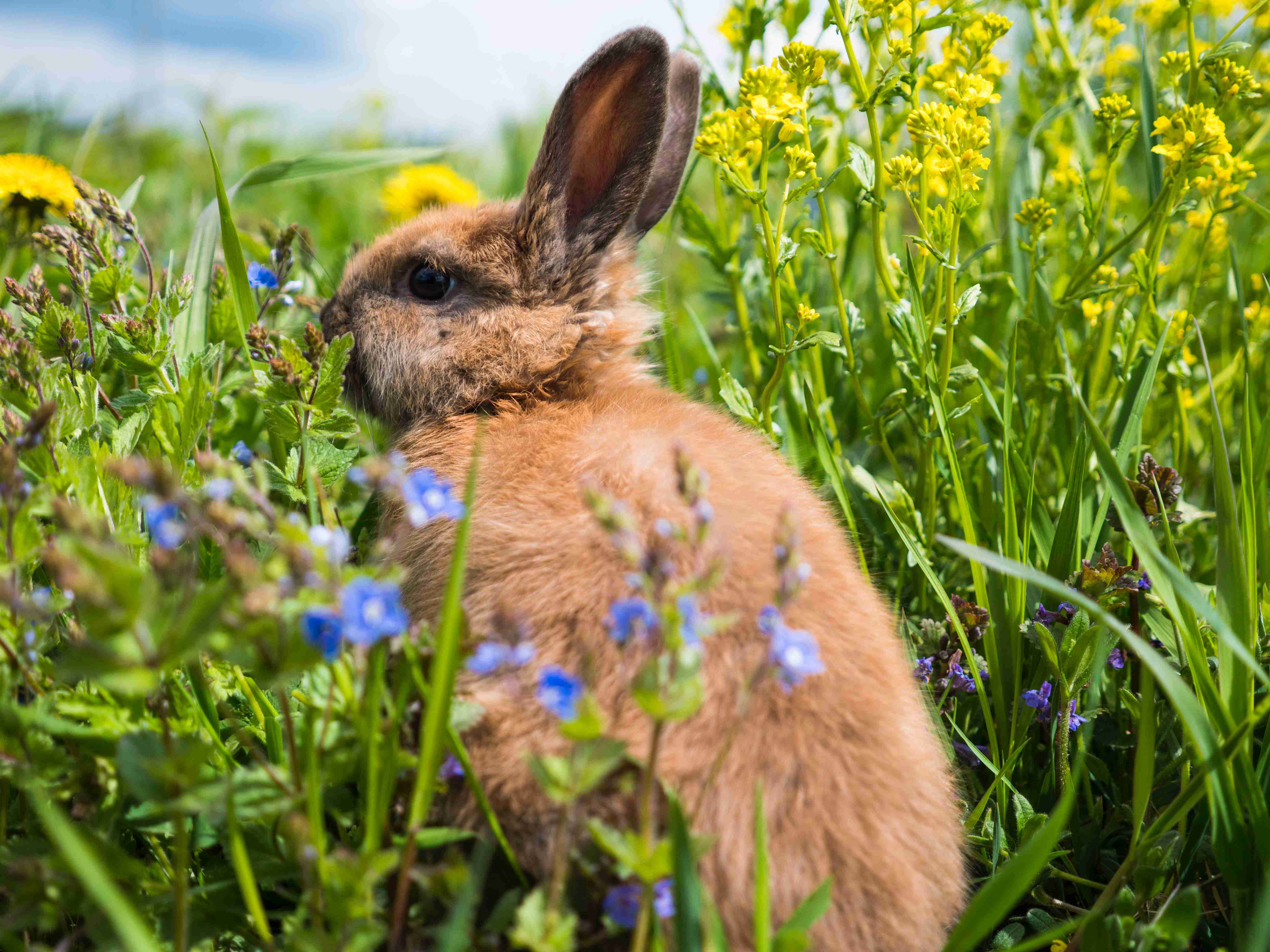
.jpg)
